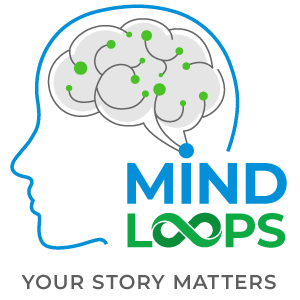Panic is a sudden and intense feeling of fear or anxiety that can be overwhelming and debilitating. Panic attacks can be triggered by various factors, including stressful situations, trauma, or genetic predisposition. Panic attacks can occur unexpectedly, and people who experience them often feel a sense of helplessness and fear of future attacks.
During a panic attack, the body’s natural “fight or flight” response is activated, leading to a surge of adrenaline and other stress hormones. This can cause physical symptoms such as heart palpitations, chest pain, sweating, trembling, and shortness of breath. Panic attacks can also cause psychological symptoms, including fear of losing control, fear of dying, and a sense of detachment from reality.
Panic attacks can be debilitating and interfere with a person’s ability to function in daily life. Panic disorder is a condition characterized by recurrent panic attacks and persistent fear of future attacks. Panic disorder can be treated with a combination of medication and psychotherapy.
Cognitive-behavioral therapy (CBT) is an effective treatment for panic disorder. CBT focuses on identifying and changing negative thought patterns and behaviors contributing to panic attacks. Exposure therapy is also an effective form of CBT for panic disorder. This involves gradually exposing the person to the feared situation or object in a safe and controlled environment until the fear subsides.
Medication can also be used to manage panic attacks. Antidepressants and anti-anxiety medications can effectively reduce the frequency and severity of panic attacks. However, medication should be used in conjunction with psychotherapy to achieve long-term results.
Lifestyle changes can also help to manage panic attacks. Regular exercise, healthy eating, and adequate sleep can all help to reduce stress levels and improve overall well-being. Mindfulness meditation and relaxation techniques can also be useful tools for managing anxiety and stress.
In conclusion, panic is a sudden and intense feeling of fear or anxiety that can be overwhelming and debilitating. Panic attacks can be triggered by various factors, including stressful situations, trauma, or genetic predisposition. Panic disorder can be treated with a combination of medication and psychotherapy, including CBT and exposure therapy. Lifestyle changes such as exercise, healthy eating, and relaxation techniques can also help to manage panic attacks. It is essential to seek professional help if panic attacks interfere with daily life.
